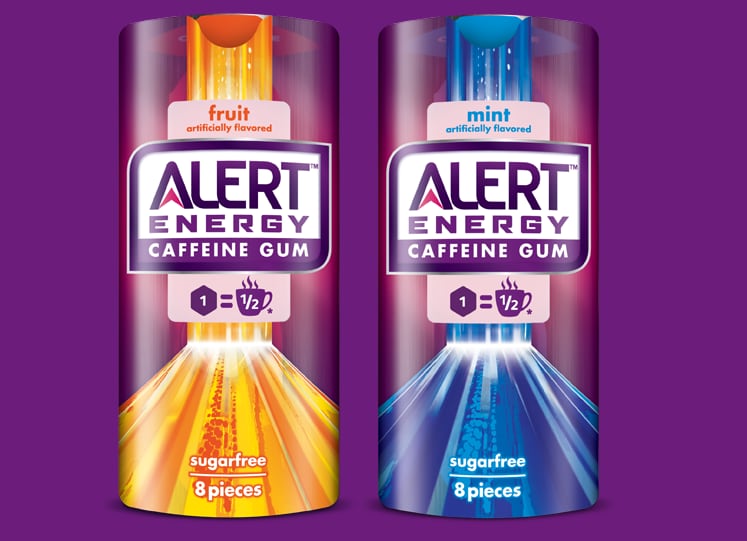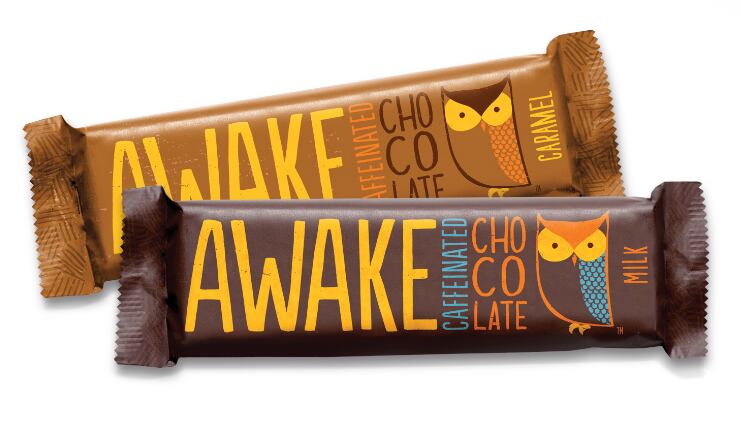Caffeine in foods came under fire last year when Wrigley launched Alert Energy Caffeine Gum that contained 40 mg of caffeine per piece. The FDA raised concerns about how such a product may appeal to kids.
Soon after, the FDA said it would launch an investigation into the effects of caffeine on young people and Wrigley voluntarily paused production, sales and marketing of its product in May 2013.
Speaking to ConfectioneryNews about caffeine's future in foods, Adam Deremo, founder and managing partner of caffeinated confectionery firm Awake Chocolate, said it will likely be shaped by a non-regulatory framework and that the FDA may not publicly address the issue again.
“The issue is probably not going to be legislated on at this point – principally because there’s not a lot of scientific data to support regulation…There’s no definitive data on caffeine consumption.”
He said that limits on caffeine in certain confectionery products were unlikely.
FDA: Limits restrictions undetermined
The FDA has suggested that 400 mg a day - about four or five cups of coffee - is a safe maximum amount, but it is still conducting its review.
Marianna Naum, communications at the FDA, told us: “Whether limits will be set in certain products is yet to be determined.”
“The literature on caffeine is vast and new studies on caffeine safety and consumption are continually being published, so you can imagine that FDA’s scientists have their work cut out for them.“
Last year between 5-6 August, the FDA met with the industry at a public workshop and in January 2014 announced that it was still concerned about caffeine in a new range of foods and would continue to investigate the effect on kids.
Wrigley refuses to speculate

Wrigley said it halted Alert gum to give the FDA time to develop a new regulatory framework and had not yet resumed production.
“We aren’t going to speculate on what the regulatory framework will say, but hope that there will be space for responsible products like Alert,” said Caroline Sherma, US manager of marketing communications at Wrigley.
“When we launched Alert, we took great strides to ensure that it was formulated, distributed and marketed in a safe and responsible way.“
Retailers relax views on caffeine

Like Wrigley, Awake Chocolate said its products were marketed responsibly and not directed at kids. Each bar contains 101 mg of caffeine and Dermo said the level had been reached with guidance from Health Canada.
Awake Chocolate launched in Canada in August 2012 and was introduced into the US in 2013; within months the FDA voiced its concerns on caffeine.
Dermo said the development delayed Awake’s early progress, but said retailers were now more open to caffeine-containing confectionery and he had received fewer questions about the caffeine content.
“We’re starting to win more distribution in the last 90 days and that’s a big change to where we were last year.”
